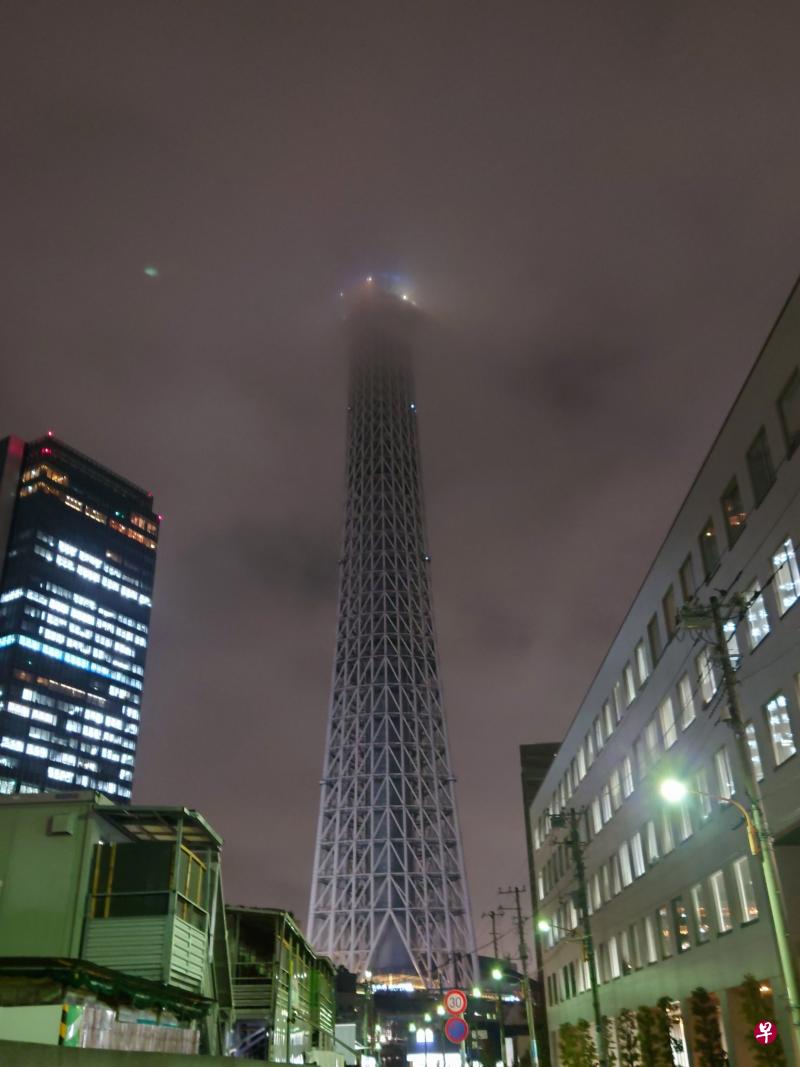
International Special Special
Tokyo Special Commissioner
gasoline, coal and electricity In social life and economic industries indispensable. Russia is the world's natural gas and crude oil exporter, After invading Ukraine in late February, Western countries initiated sanctions on Russia's economic sanctions, Including disconnecting energy transactions with Russia. This impact on the world energy market The Japanese economic and industrial department report pointed out that Since the 21st century, I have never realized as strong as today Energy crisis. Whether the Russian and Ukraine battle will evolve into energy battle? Japanese officials and related companies How will they face this Energy challenge?
Tokyo Electric Power Corporation, which is the main market in Kanto, Japan, announced on the 22nd of last month that the power supply is in a "severe" situation.Although the occurrence of earthquakes in the Fukushima in the Northeast region caused some power plant equipment to suspend shipments, Japan officially used this situation to issue warns, arguing that the international current situation may trigger Japan's energy crisis, and it also released the first "power supply and demand alert" in history.Essence
On the same day, in order to cooperate with the call for power saving, the electrical store closed the TV that displayed the product; the shops on commercial streets also closed the signature lamp at night, and the Night of the capital Tokyo no longer flashed.
Japan Wedge magazine issued an official saying that the official alarm means that Japan may become a country with a "normal power outage".The prices of fossil fuel, coal, oil and liquefied gas imported in Japan have soared in the past year.The European energy crisis caused by the war of Russia and Ukraine has also led to the high price of fossil fuel.Nowadays, the yen has continued to depreciate, which has even more stress on Japan's external procurement energy. The cost adjustment of some major power companies has reached the upper limit.This article also pointed out pessimistic: "For a country with power outages, the dream of realizing electric vehicle society will become a bubble."
Japan's main energy resources are poor, and the rate of energy is only 11.2%.After the Japanese Prime Minister Kishida came to power, one of the "Economic Security" ministers, one of the purpose was to ensure that energy and food supply was guaranteed.After the outbreak of the Russian and Ukraine war, the energy crisis problem has become a major focus of the Kishida government's policy.
One week after Russia sent troops in Ukraine, the world's crude oil prices reached the highest position in 13 years and eight months, approaching $ 140 per barrel (about S $ 191).In fact, since last summer, international gas, crude oil, and power prices have risen.The Japanese government has adopted subsidy measures at the end of January this year to suppress soaring gasoline prices. After the Russian and Ukraine war began, the upper limit of this subsidy continued to increase, reaching 25 yen per liter (about S $ 0.27).
In Japan's energy importing country, Russia plays a lot of roles.According to Japanese resources and energy department data, 3.6%crude oil, 9%natural gas, and 13%of fuel coal are imported from Russia.There are also many energy cooperation projects between Japan and Russia, especially the Russian Sahalin Natural Gas Cooperation and Development Project participated by Japan.
From a geographical point of view, Sahalin Island is the closest place to Russia to Japan, and it is only 43 kilometers from Hokkaido.Although Japan and Russia have controversy in the territory of the four northern islands, the cooperation led by Sahalin Island is a mutually beneficial channel for the mutual cooperation between the two countries and enhanced communication.According to the Japanese Broadcasting Association (NHK) documentary, the shallow sea floor of the coastal coastal line of Sahalin Island is a huge natural gas warehouse.The survey shows that the island's natural gas mining volume can reach 2.4 trillion cubic meters, which is equivalent to the 24 -year usage of Japan.
The Sahalin project is the Japanese energy life pulse
The oil crisis in the 1970s prompted Japan to expand energy sources other than oil.After the end of the Cold War and the disintegration of the Soviet Union, Japan's cooperation in Sahalin was implemented.For joint mining, the Japanese ruling party's Liberal Democratic Party was very active. In 2015, a Japanese -Russian natural gas pipeline promotion group was established to be responsible for negotiating with the Russian side.According to the plan, Hokkaido will be used as a natural gas transportation base in the future to build a conveyor tube to the capital to Tokyo.
The earliest launch was "Sahalin No. 1" oil and gas field. In addition to Japan and Russia, the US petroleum giant EXXONMOBIL and Indian state -owned enterprises were also participated.Exxon Mobil subsidiaries have 30%of the shares, Russian oil companies account for 20%, the Japanese government -led Sahalin Island Oil and Gas Development Company accounts for 30%, and 20%of Indian Petroleum and Natural Gas Company (ONGC).
Japan's official view of Sahalin No. 1 is the national policy. Half of the funds comes from the official, and the other participation are large Japanese companies, such as the famous Cashihashi Aoi Choya, Maruhong, and so on.The export market of this project is mainly in Asia. In addition to Japan, it also exports to South Korea and China.
It is understood that because the Sahalin No. 1 project is progressing smoothly, Japanese companies have boldly invested funds in the "Sahalin 2" project.Later, the Sahalin No. 2 project became Japan's energyLife pulse, 9%of the total natural gas imported from Russia, Sahalin provided 7.8%.
Exploring the new living road:
Promote Renewable Energy
Research New Energy
One of the members of the Japanese government's energy think tank, Kurosaki Miki, believes: "The energy crisis in Japan is a possible thing at any time. To solve the energy problem completely, it is necessary to increase the self -sufficiency rate of energy. Japan can only do it at present.By 12%, the lowest among developed countries. The goal of the Japanese government was to achieve 30%of the total consumption in 2030. At present, it is a living way to promote renewable energy and research new energy. "
Guishan Kangzi, director of the Social System of the National Institute of Environment, believes: "The Russian war is Japan's largest energy alarm clock. In Japan, in addition to solar energy and wind energy, there is a geothermal energy that has great potential but not developed.The field war is terrible, but the crisis is also a turnaround. It is an opportunity for countries to cooperate with each other to create renewable energy. "
Guan Shanjian, an associate professor at Kyoto University who studies new energy, believes: "The situation of Russia and Ukraine will induce Japan to restart nuclear energy and be in the energy crisis. At present, more and more people have called for renewable energy to achieve stable power supply.The only choice of stable price is nuclear power. "




